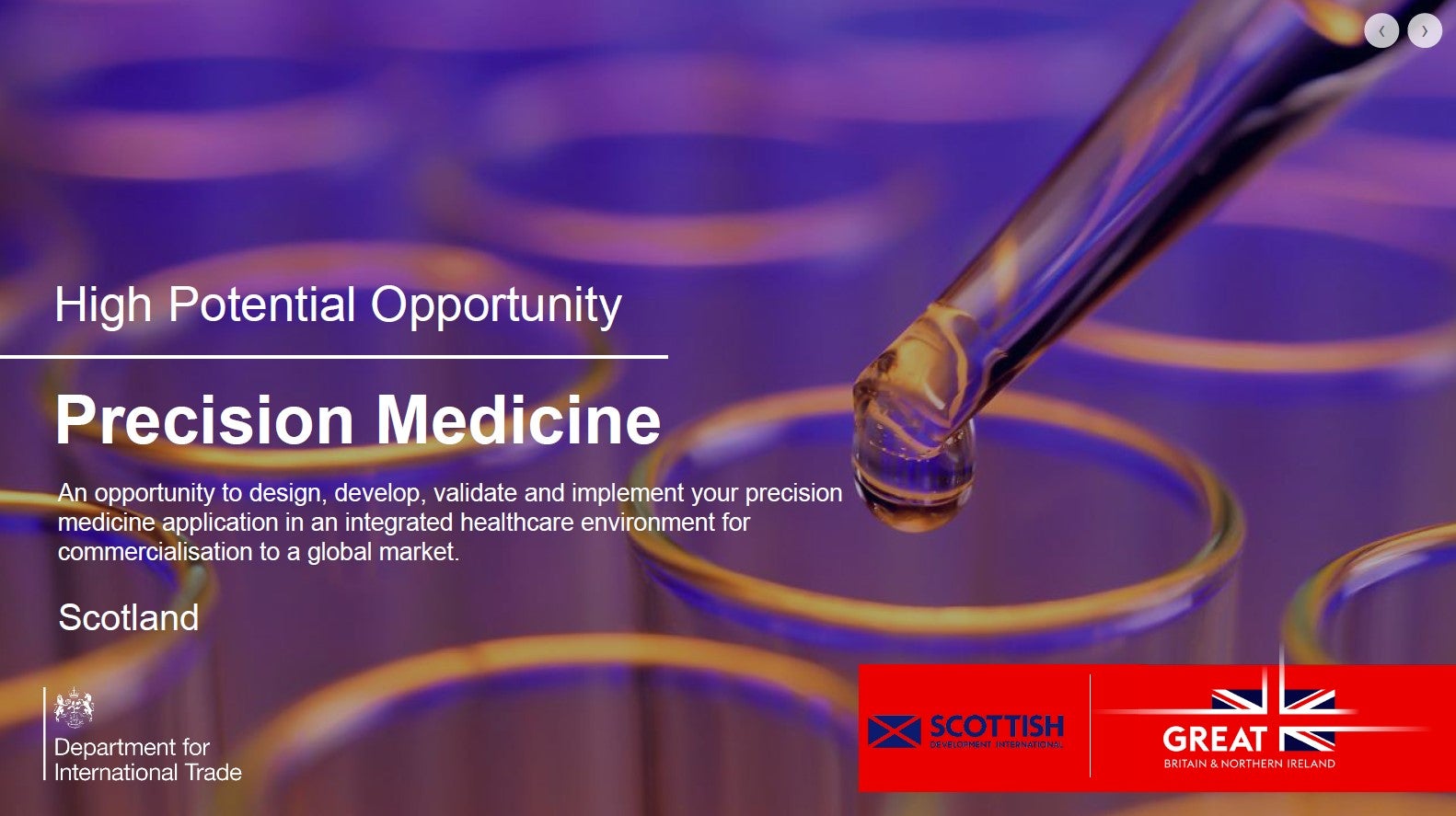
Asthma is a common, chronic lung condition in which inflammation of the airways leads to breathing difficulties. The asthma disease space is relatively mature, with a wealth of therapies already on the market – but with 5.4 million people currently receiving treatment for asthma in the UK alone, the demand for more convenient and personalised medication remains strong.
Pharmaceutical Technology takes a look at some of the promising asthma therapies currently in the pipeline.

Discover B2B Marketing That Performs
Combine business intelligence and editorial excellence to reach engaged professionals across 36 leading media platforms.
Tezepelumab (AstraZeneca/Amgen)
Developed by AstraZeneca in partnership with Amgen, tezepelumab is a potential first-in-class treatment for severe asthma. The investigational monoclonal antibody targets and blocks thymic stromal lymphopoietin (TSLP), a key epithelial cytokine released in response to triggers associated with asthma exacerbations. Expression of TSLP is increased in the airways of patients with asthma; by blocking TSLP, tezepelumab could prevent the release of pro-inflammatory cytokines by immune cells, reducing inflammation at the source.
The drug is currently in the Phase III PATHFINDER programme, which includes four trials: NAVIGATOR, SOURCE, DESTINATION and CASCADE. NAVIGATOR is a Phase III randomised, double-blinded, placebo-controlled trial in adults and adolescents with severe, uncontrolled asthma, who were receiving treatment with medium- or high-dose inhaled corticosteroids plus at least one additional controller medication with or without daily oral corticosteroids (OCS).
Results from the trial showed that the TSLP inhibitor, administered via subcutaneous injection, demonstrated superiority across every primary and key secondary endpoint in a broad population of severe asthma patients, compared to placebo when added to standard of care. NAVIGATOR is also the first Phase III study to show benefit in severe asthma by targeting TSLP.
In 2018, the FDA granted tezepelumab Breakthrough Therapy Designation for patients with severe asthma without an eosinophilic phenotype, based on Phase IIb PATHFINDER data. AstraZeneca and Amgen this month submitted a Biologics License Application to the FDA for tezepelumab in severe asthma patients.

US Tariffs are shifting - will you react or anticipate?
Don’t let policy changes catch you off guard. Stay proactive with real-time data and expert analysis.
By GlobalDataMasitinib (AB Science)
Masitinib is one of two main compounds being developed by France-based pharma company AB Science. The orally administered tyrosine kinase inhibitor, which selectively targets mast cells through inhibition of tyrosine kinases c-Kit, LYN, and FYN, last year met the primary endpoint in a Phase III trial evaluating oral masitinib in severe asthma uncontrolled by high-dose inhaled corticosteroids (ICS) and with eosinophil level >150 cells/μL. Results showed a statistically significant 29% reduction in severe exacerbations relative to placebo; the frequency was 0.43 in the masitinib arm, compared with 0.62 in the placebo arm.
Another Phase III study, evaluating masitinib for the treatment of severe asthma uncontrolled by oral corticosteroids and high-dose inhaled corticosteroids/long-acting beta agonists (ICS/LABA), found that the drug reduced severe asthma exacerbations by 35% compared with placebo.
For over a decade, AB Science has tested its lead compound in a number of indications besides asthma, including multiple sclerosis, Alzheimer’s disease, prostate cancer and pancreatic cancer.
PT027 (Pearl Therapeutics/Avillion)
PT027 is an investigational fixed-dose inhaled combination of budesonide, a corticosteroid, and albuterol, a short-acting beta-2 agonist. The treatment, co-developed by AstraZeneca subsidiary Pearl Therapeutics and Avillion, is currently in a Phase III study to assess its efficacy and safety when used four times daily in adults and children over the age of four with asthma. Findings from the study are expected to be presented later this year.
Recently announced results from TYREE, a Phase III evaluation of PT027’s effect on exercise-induced bronchoconstriction (EIB) in adult and adolescent participants with asthma, revealed that the inhaled therapy prevented EIB more effectively than a placebo single pressurised metered dose inhaler. The study met its primary endpoint of LS mean maximum percentage falls from baseline in FEV1 (the volume that has been exhaled after the first second of forced expiration) of 5.45% versus 18.97% for PT027 and placebo respectively, with a difference of -13.52%.
Trelegy Ellipta (GlaxoSmithKline/Innoviva)
Trelegy Ellipta is a combination of fluticasone furoate (FF), umeclidinium (UMEC) and vilanterol (VI) in a single inhaler, requiring a single, once-a-day inhalation. FF is a corticosteroid to reduce inflammation, while UMEC and VI are bronchodilators that relax the lungs and broaden the airways. Jointly developed by GlaxoSmithKline and Innoviva, the combination therapy was last year approved by the FDA for the treatment of asthma in patients aged 18 and older.
The approval was based on data from the Phase III CAPTAIN study, which showed that in asthma patients uncontrolled on ICS/LABA treatment, a single daily dose of Trelegy demonstrated significant improvements in lung function compared with FF/VI alone. A statistically significant 110mL improvement in lung function was observed in those treated with Trelegy compared with FF/VI.
Trelegy is approved in both the US and Europe as a once-daily maintenance treatment for chronic obstructive pulmonary disease (COPD). While Trelegy is approved for asthma in the US, GSK and Innoviva failed to secure EU approval for the inhaled therapy in this indication after the European Medicines Agency decided against a label expansion earlier this year.
QVM149 (Novartis)
Novartis’s QVM149 is a once-daily, inhaled treatment combining indacaterol acetate, glycopyrronium bromide and mometasone furoate, under development for patients whose lives remain impacted by asthma despite current treatment with LABA/ICS. In the Phase III IRIDIUM study, a multicentre, randomised, double-blind, parallel-group study evaluating QVM149 in uncontrolled asthma, QVM149 met its primary endpoint of statistically significant improvement in lung function compared with Novartis’s other asthma candidate QMF149.
With QVM149, Novartis aims to provide patients with a once-daily, fixed-dose combination treatment to help achieve better asthma control. In 2020, QVM149 was approved for use in asthma patients in the EU and Japan, where the therapy is marketed as Enerzair Breezhaler.





